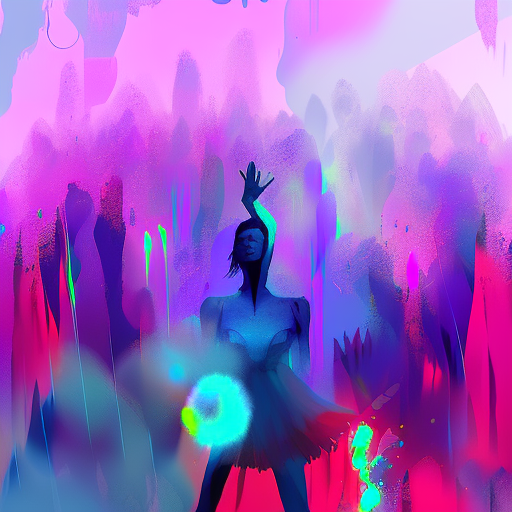One-line summary:
In “Dance Dance Dance,” a disillusioned writer embarks on a surreal journey to find a mysterious woman, encountering strange characters and uncovering the dark underbelly of modern society.
A Disillusioned Writer’s Quest
The protagonist, an unnamed writer in his thirties, finds himself at a crossroads in life. He is haunted by the memory of a former lover and feels disconnected from the world around him. Seeking solace, he embarks on a quest to find her, leading him into a surreal and mysterious world.
A Surreal Journey
As the writer delves deeper into his quest, he encounters a cast of eccentric characters and bizarre situations. He befriends a thirteen-year-old girl named Yuki, who possesses psychic abilities, and together they navigate a series of strange occurrences. From a haunted hotel to a mysterious sheep man, the writer’s journey becomes increasingly surreal and enigmatic.
Uncovering the Dark Underbelly
Through his encounters, the writer begins to uncover the dark underbelly of modern society. He stumbles upon a secret organization known as the Dolphin Hotel, which is involved in illicit activities and manipulates people’s lives. As he delves deeper, he realizes that the hotel is connected to his search for his former lover and the mysterious woman he seeks.
The writer’s journey takes him from Tokyo to the snowy mountains of Hokkaido, where he finally confronts the truth behind the enigmatic woman and the forces that have shaped his life. Along the way, he grapples with themes of identity, loneliness, and the search for meaning in a world that seems increasingly detached and artificial.
- Key takeaways:
- The quest for meaning and connection in a disconnected world.
- The exploration of identity and the impact of past relationships.
- The dark underbelly of modern society and the manipulation of individuals.
- The surreal and mysterious nature of reality.
“You have to be continually jumping off cliffs and developing your wings on the way down.” – Haruki Murakami, Dance Dance Dance
In “Dance Dance Dance,” Haruki Murakami weaves a mesmerizing tale that blurs the boundaries between reality and imagination. Through the eyes of a disillusioned writer, readers are taken on a surreal journey that explores themes of identity, loneliness, and the search for meaning in a disconnected world.
As the writer embarks on his quest to find a mysterious woman, he encounters a series of eccentric characters and bizarre situations. From a haunted hotel to a psychic thirteen-year-old girl, the writer’s journey becomes increasingly enigmatic and surreal. Murakami’s vivid descriptions and atmospheric storytelling create a sense of unease and mystery that keeps readers captivated.
Through his encounters, the writer begins to peel back the layers of society and uncover its dark underbelly. The Dolphin Hotel, a secret organization involved in illicit activities, becomes a central piece of the puzzle. As the writer delves deeper, he realizes that the hotel is connected to his search for his former lover and the mysterious woman he seeks.
Throughout the novel, Murakami explores the themes of identity and the impact of past relationships. The writer’s quest becomes a metaphorical journey of self-discovery, as he grapples with his own sense of purpose and connection. The characters he encounters serve as mirrors, reflecting different aspects of his own psyche and desires.
“Dance Dance Dance” also delves into the surreal and mysterious nature of reality. Murakami blurs the boundaries between dreams and waking life, creating a sense of disorientation and wonder. The novel challenges the reader to question the nature of perception and the boundaries of what is considered “real.”
In conclusion, “Dance Dance Dance” is a captivating and thought-provoking novel that takes readers on a surreal journey through the mind of a disillusioned writer. With its exploration of identity, loneliness, and the search for meaning, Murakami’s work resonates with readers who yearn for a deeper understanding of themselves and the world around them.












